2019, CINCINNATI, OH, UNITED STATES

Abby Shores noticed a problem with a local stream in her community. The stream, which she calls St. Clare stream, runs through a three by one half block wooded area behind her house. It eventually connects to the Mill Creek. This area is owned by a local convent and includes a five-foot City of Wyoming easement. Unfortunately, it had been neglected due to its small size and isolated location. This lack of caring led it to be abused by illegal dumping, littering, and general misuse.
Abby created an immediate solution to turn the area from an abandoned dump to a community greenspace. She collaborated with local officials at the City of Wyoming to install a trash can on their portion of the property. This trash can not only prevented litter, but served as a symbol of her community and city’s commitment to the area. Because of her hard work the trash can has been put on the city’s weekly pickup route. She estimates the trash can will reduce litter by up to 56%.
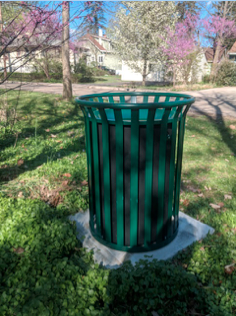
The second part of her project was designing a cleanup day of the stream. This promoted community outreach and a greater unity among neighbors. She went door to door mobilizing volunteers and utilized social media to spread the word. During the cleanup day they removed almost 300lb of waste from the stream. This included everything from aluminum cans to iron construction beams. She hopes this cleanup day inspired others to hold events in the area. It showed how greater use of a space promotes long term environmental sustainability. Even though the stream is small, its revitalization served as an example to other municipalities.


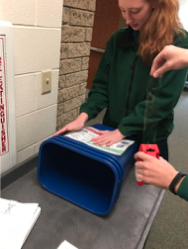
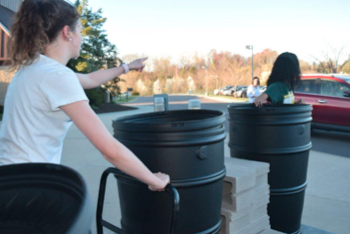
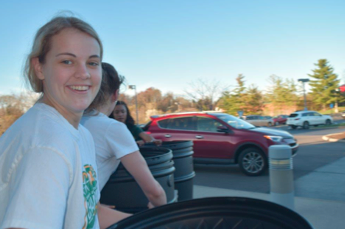
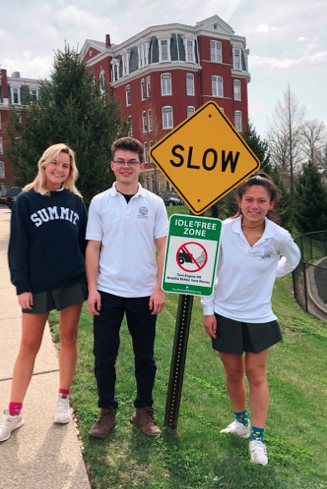
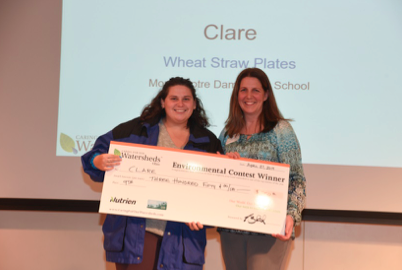
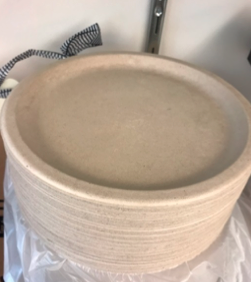
 2019, Pilot Mound, Manitoba, Canada
2019, Pilot Mound, Manitoba, Canada In speaking with the school’s custodian, they were able to see where drainage water flowed, accumulated, and moved across the school property. They realized that this runoff water could be picking up contaminants and sending them into local waterways and could also be contributing to flooding issues in their area. They approached their local conservation district (CD), the Pembina Valley CD, to discuss ways to mitigate these issues. Together, they came up with the idea of rain gardens along the natural swale running through the school yard to filter runoff, increase water infiltration, and reduce pollutants entering nearby waterways.
In speaking with the school’s custodian, they were able to see where drainage water flowed, accumulated, and moved across the school property. They realized that this runoff water could be picking up contaminants and sending them into local waterways and could also be contributing to flooding issues in their area. They approached their local conservation district (CD), the Pembina Valley CD, to discuss ways to mitigate these issues. Together, they came up with the idea of rain gardens along the natural swale running through the school yard to filter runoff, increase water infiltration, and reduce pollutants entering nearby waterways. 2019, Beausejour, Manitoba, Canada
2019, Beausejour, Manitoba, Canada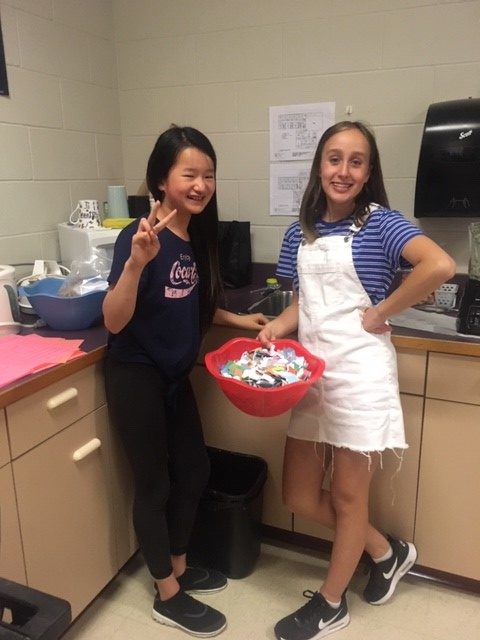 2019, Winnipeg, Manitoba, Canada
2019, Winnipeg, Manitoba, Canada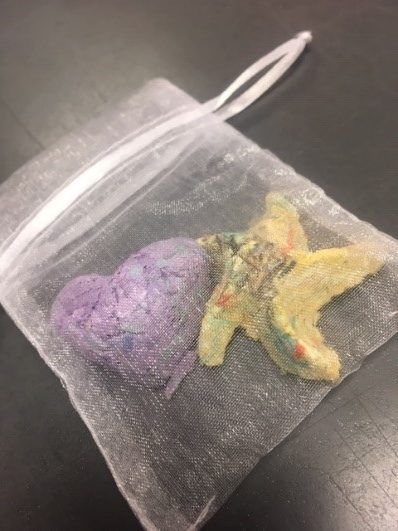 “This is important for our community because our school has recently placed beehives on the school roof. We are worried that the bees will not have enough pollen to support the ecosystem and their hive. Bees are important to our watershed because they pollinate plants and crops… Planting wildflowers around the community will provide food for the bees to help grow our bee population and raise awareness.”
“This is important for our community because our school has recently placed beehives on the school roof. We are worried that the bees will not have enough pollen to support the ecosystem and their hive. Bees are important to our watershed because they pollinate plants and crops… Planting wildflowers around the community will provide food for the bees to help grow our bee population and raise awareness.”